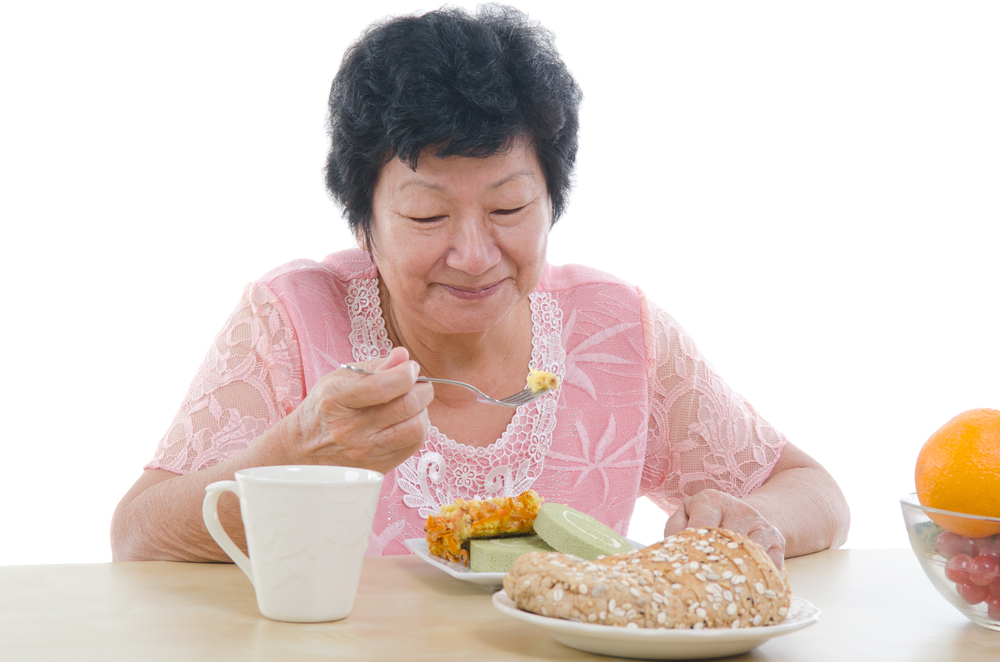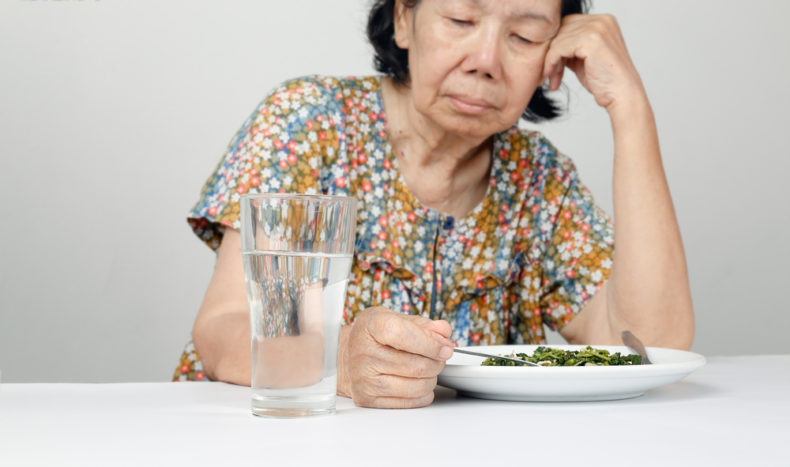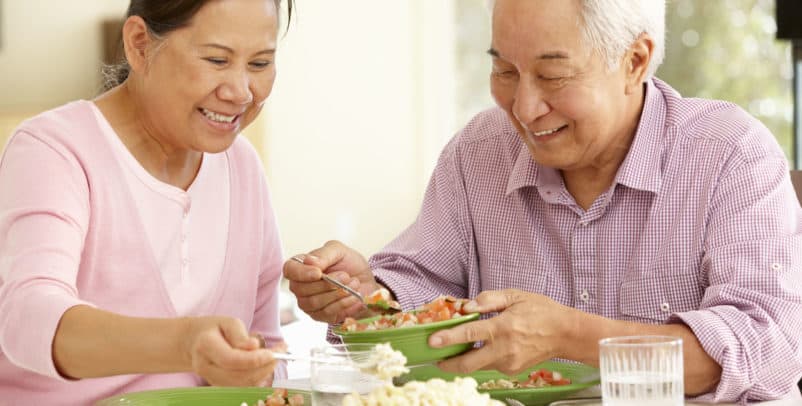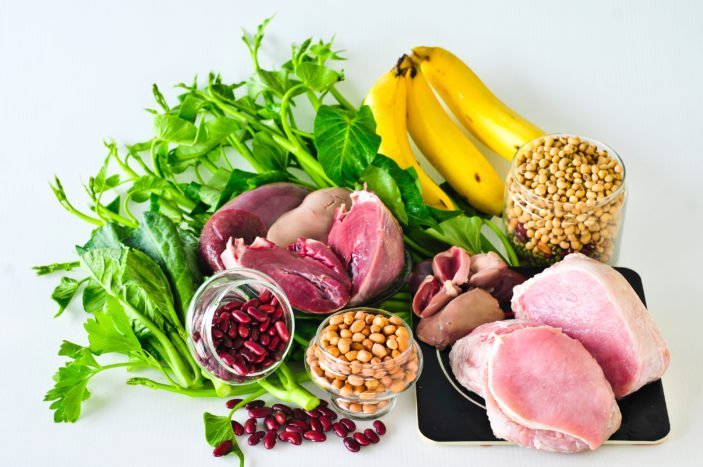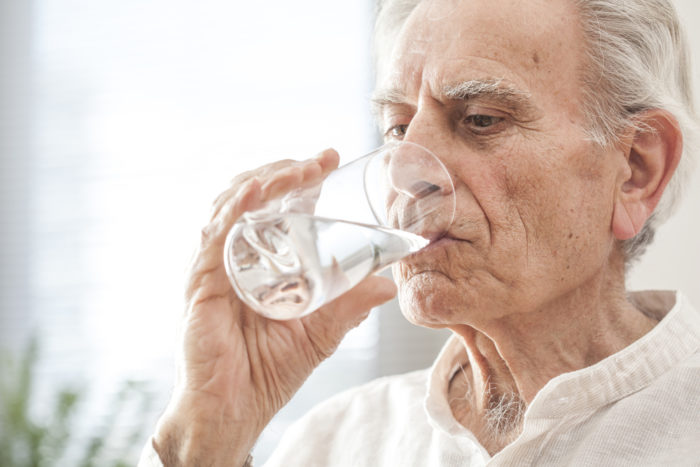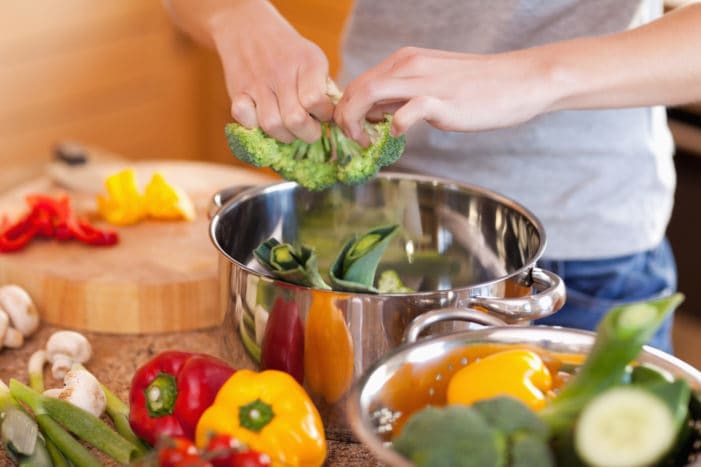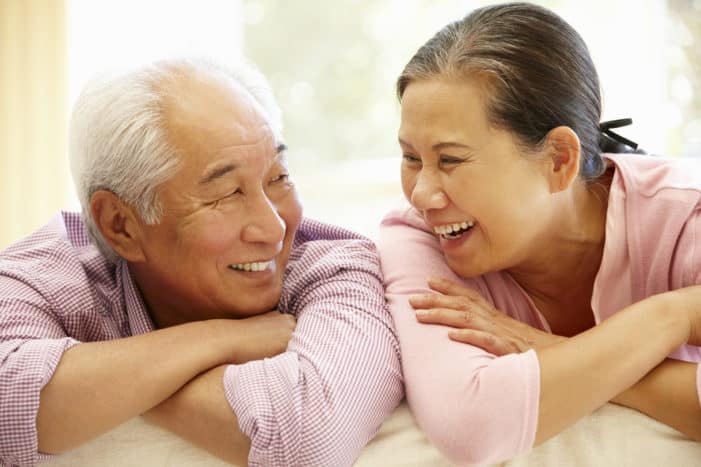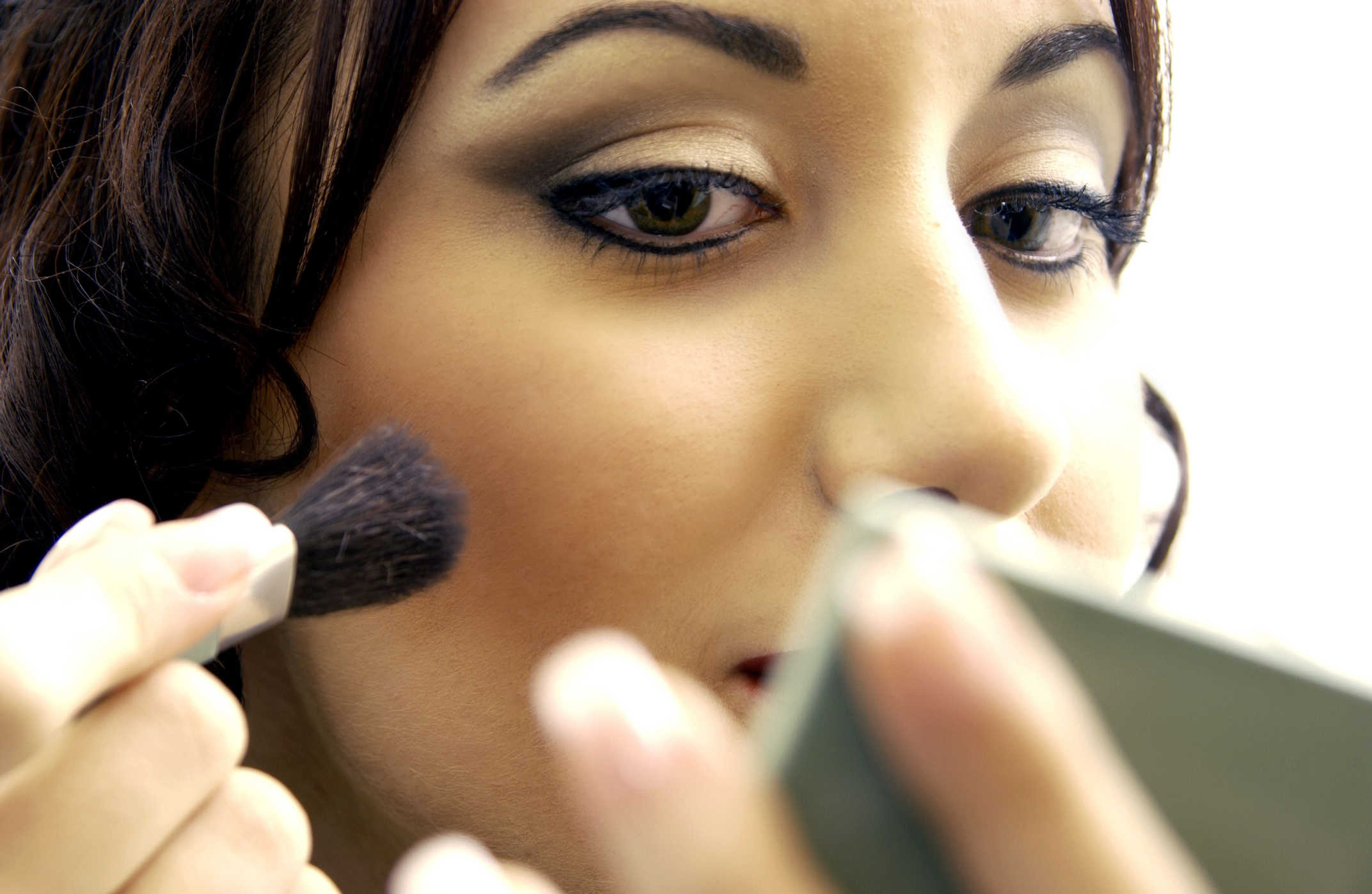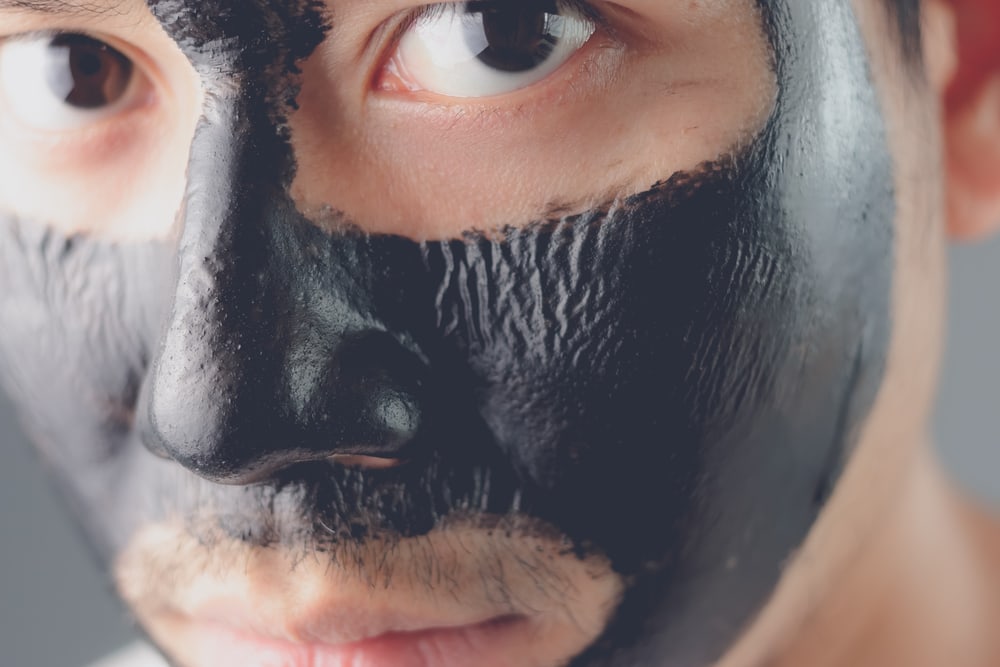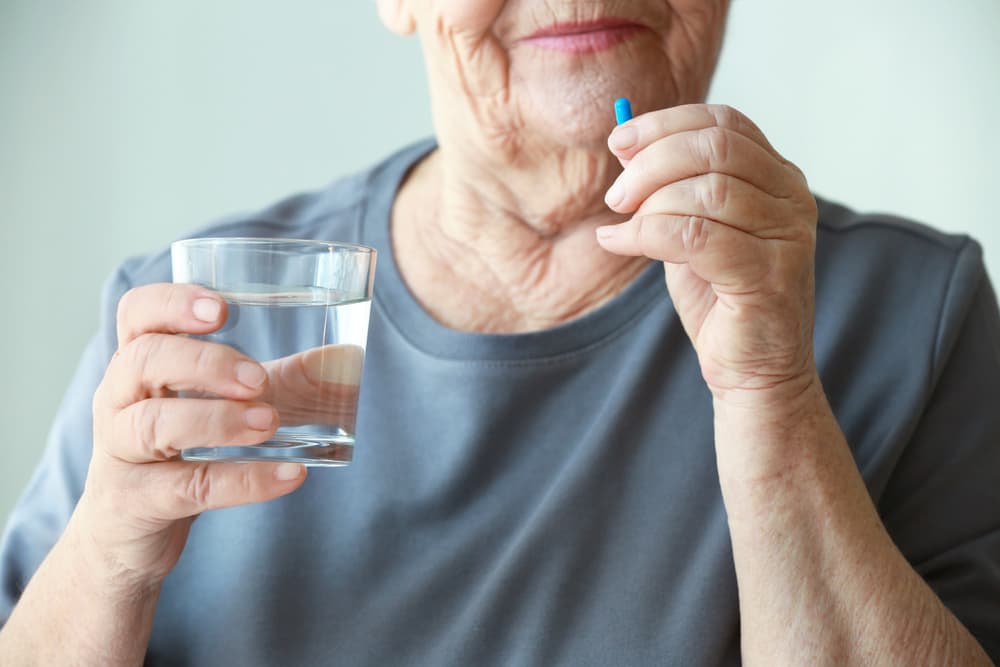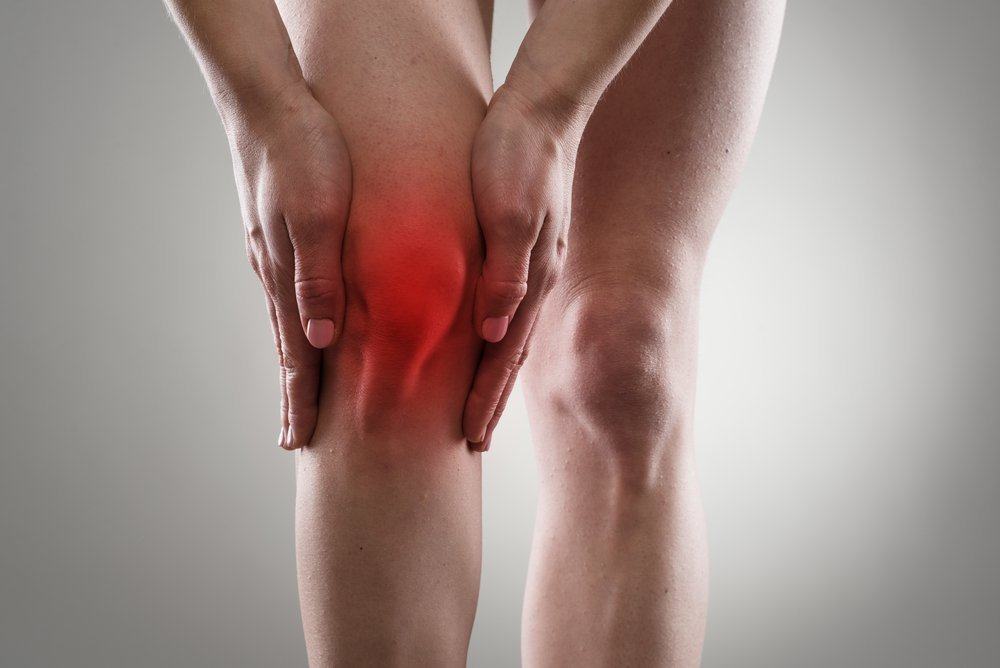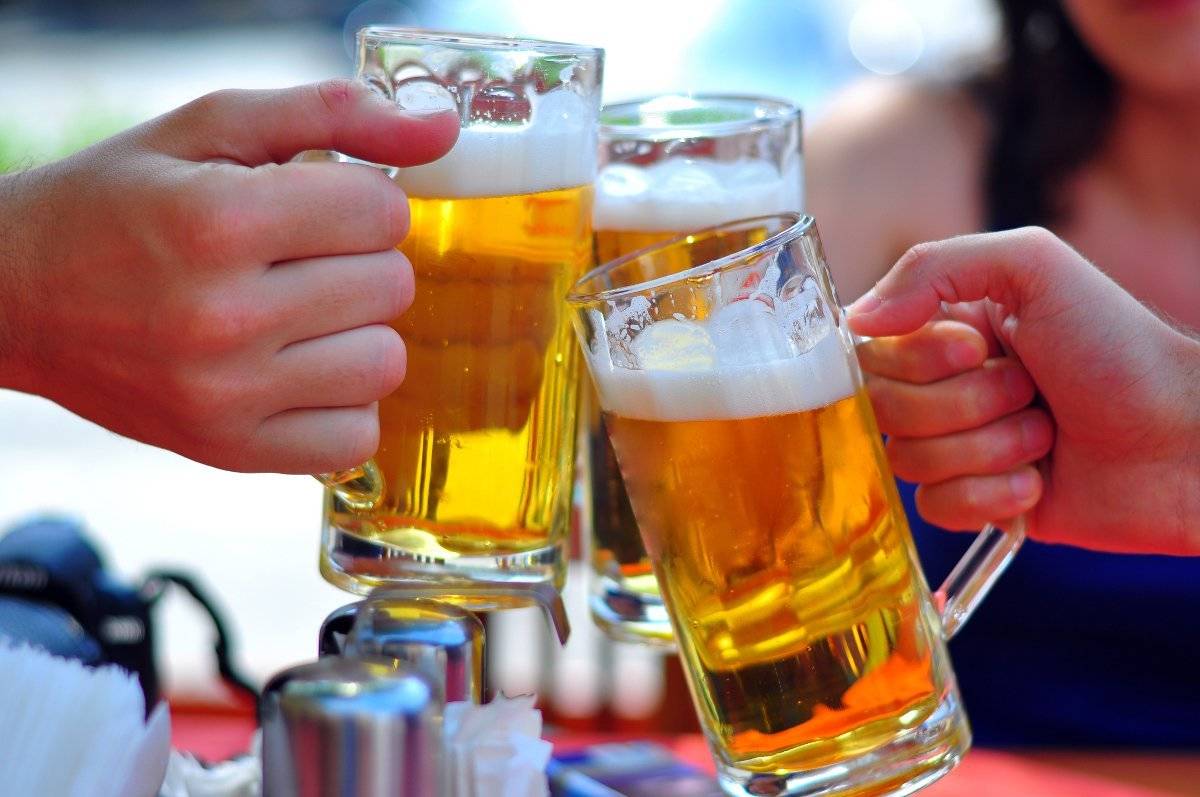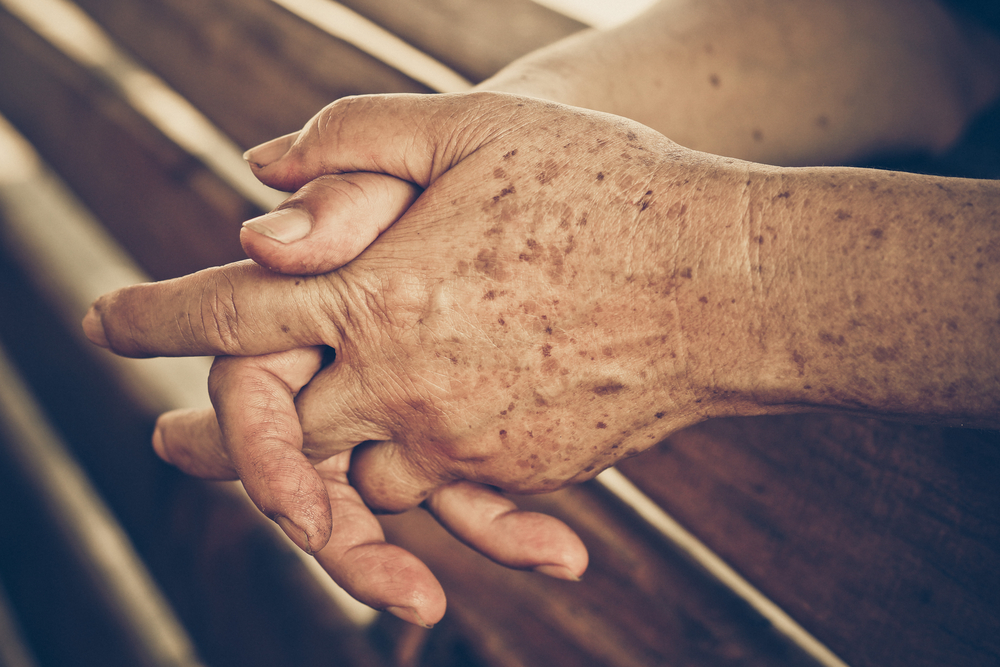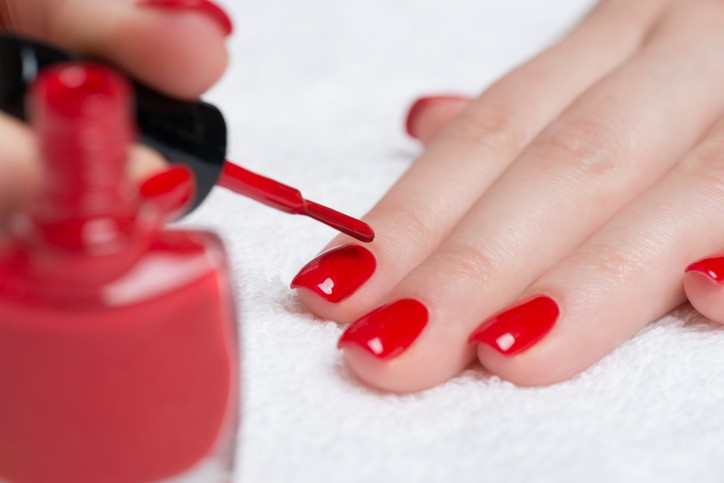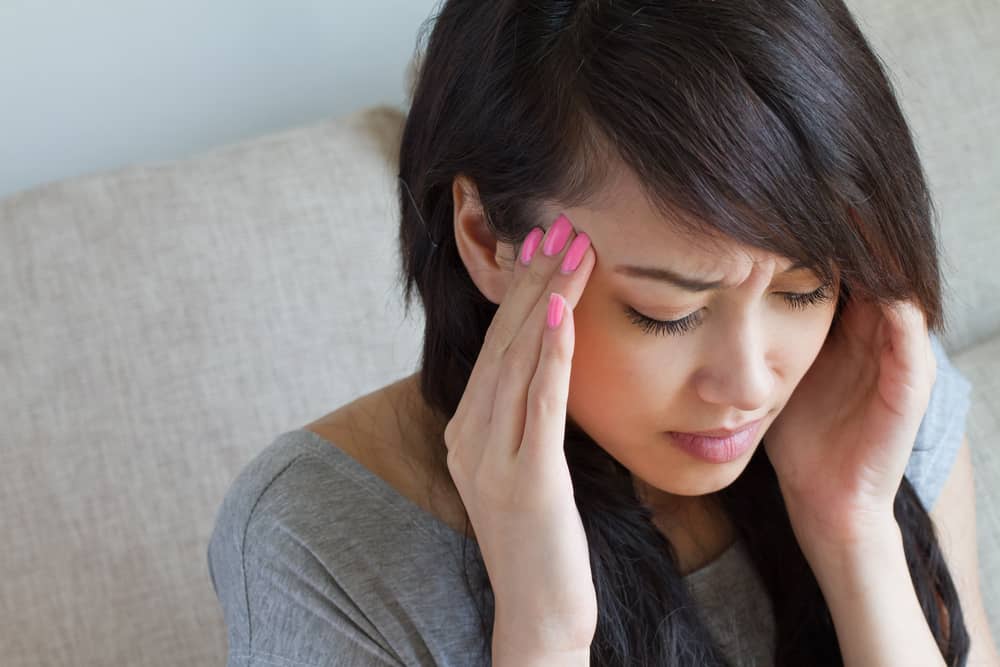Contents:
- Medical Video: What Happens When You Stop Eating?
- The appetite for the elderly decreases, what causes it?
- How much energy does the elderly need?
- Talk about the nutritional needs of the elderly, what is needed?
- Carbohydrate
- Protein
- Fat
- Vitamins and Minerals
- What about the water needs of the elderly?
- Are there other recommendations for the elderly to continue to eat?
- If the elderly do not want to eat too, do you need an appetite enhancer or a food supplement?
- Apart from paying attention to what nutrition the elderly need?
Medical Video: What Happens When You Stop Eating?
As we get older, the body will experience many changes, including appetite. Therefore, elderly people tend to have a poor appetite, and are even prone to anorexia. If left unchecked this condition will make the elderly body weight decrease. So, how do you manage your diet? how should you guide the nutrition of the elderly?
The appetite for the elderly decreases, what causes it?
There are various things that cause the elderly not to appetite or not even feel hungry at all. Generally, this is caused by various natural changes that occur in the body when it starts to age.
Changes that occur in the elderly include:
- Decreased levels of certain hormones that directly affect appetite
- Decreased metabolic ability in the body.
- The nerves are insensitive, making it difficult for the elderly to smell the aroma and taste the food.
- The amount of saliva decreases, making food difficult to digest.
- Having dysphagia or difficult conditions for swallowing.
- Decreased amount of stomach acid.
- Intestinal peristalsis performed to digest food is slowing down.
- The ability to absorb nutrients decreases.
All of these changes automatically make the elderly appetite decrease. So, there must be proper eating arrangements so that the elderly do not experience drastic weight loss and lack of nutrients.
How much energy does the elderly need?
Basically, energy needs will vary for each person. This will be influenced by age, gender, physical activity, and other things. But energy needs will decrease with age.
Estimated, energy requirements will be reduced by 70-100 calories every 10 years of age. In the Indonesian Nutrition Adequacy Rate, the adequacy of elderly energy per day is:
Man
50-64 years: 2300 calories
58-80 years old: 1900 calories
Woman
50-64 years: 1900 calories
58-80 years: 1550 calories
It is better for the elderly to meet these daily energy needs so as not to lose weight.
Talk about the nutritional needs of the elderly, what is needed?
Carbohydrate
The nutrients of the elderly that cannot be missed are definitely carbohydrates. Carbohydrates are the main energy source for the body. Carbohydrate needs for the elderly range from 45-65 percent of the total daily energy needs.
Examples: rice, bread, potatoes, sago, cereals, pasta, cassava, rice noodles, and other staple foods.
Protein
Protein is very important for the body, namely as the growth and development of every cell in the body. Protein is also important for maintaining the immunity of the elderly. For the elderly, protein requirements amount to 10-35 percent of total energy needs.
For example: meat, eggs, fish, while from vegetable can be of the type of beans.
Fat
Fat helps to provide long-term energy, provides a feeling of fullness after eating, helps with hormone formation, forms cell membranes, transports vitamins A, D, E, K throughout the body.
Fat intake should be limited to around 20-35 percent per day, with a limit of saturated fat intake of at least less than 10 percent. The type of fat that must be avoided is saturated fat, such as in butter, gajih on beef, and chicken skin.
Cholesterol also needs to be limited to below 300 mg. Also note the intake of omega 3 fatty acids. According to the 2013 AKG, the need for omega 3 elderly is 1.6 grams.
Vitamins and Minerals
Vitamins are a vital function in the body's metabolism, which cannot be produced by the body, while minerals themselves are complementary elements that help in the process of growth and development in the body.
Example: vegetables, fruits, mineral water, etc.
What about the water needs of the elderly?
The amount of body fluids will decrease with age, so the elderly are at risk of becoming dehydrated. Especially if it's not accompanied by routine drinking habits and lots of water every day.
Water needs do not change since the age of 19 years and over, consuming more than 6 cups a day prevents dehydration.
As a guide for water requirements, every 1 mL of water is needed for each calorie consumed with a minimum of 1500 kcal. For example, for people with energy requirements of 2000 kcal per day, 2000 mL or 2 L of water is needed, equivalent to 8 glasses per day.
Are there other recommendations for the elderly to continue to eat?
Both elderly and energy nutritional needs are very important but not only that, the elderly should also recommend the following.
- It is better if the food is processed by steaming, boiling, or baking.
- Reduce fried foods.
- Adjust food texture with ability. If it is difficult to swallow, you should serve the food in soft form.
- Determine a regular eating schedule. For example, breakfast at 6 in the morning, intervals at 9 in the morning, lunch at 12, dinner at 3 in the afternoon, dinner at 6 pm, and intervals at 9 in the evening.
- Limit sweets or high sugar content.
- Limit foods that are too spicy.
- Limit drinking coffee or tea.
- Limit consumption of foods that are too salty.
If the elderly do not want to eat too, do you need an appetite enhancer or a food supplement?
If the elderly do not want to eat, you should first find out the cause. Is it because of illness, difficulty chewing, depression because every cause will be different handling.
For example, if the condition is due to difficulty chewing, it may be possible to give soft-textured food. You don't have to be given a supplement immediately. If there is still something you can do besides adding supplements, do it first.
Giving supplements to increase appetite will be given according to the condition of the elderly. This is done to prevent the occurrence of a deficiency or deficiency of an increasingly severe substance.
Apart from paying attention to what nutrition the elderly need?
Elderly people still need exercise to maintain their health. However, you should consult your doctor first if the condition allows.
If you are allowed to do 2-3 times a week, this includes aerobic exercise and strength training. For strength training, do it with 8-10 kinds of movements with 8-12 times repetitions carried out for a total of 20-30 minutes.
In addition to exercise, the elderly also need to monitor their weight regularly. Elderly also should not be silent, do daily activities according to the ability to keep the body fit and prevent senility. And that definitely avoids stress and is always happy.

